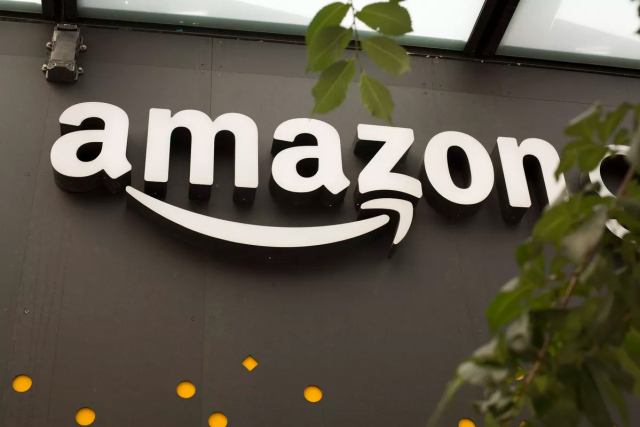
Since the COVID-19 outbreak, grocery delivery has been the lifeline for people to stock up their house with staples so as to obey the directive issued by the governments to stay at home. In Kenya, the Pandemic has opened a window for e-commerce platforms and supply chains to make a killing and they are trying to close in on the gap.
With 42 cases of the virus reported in the country and a 7 pm to 5 am curfew, these e-commerce platforms can borrow from Amazon on how to go about making their revenues undisrupted by the deadly virus, especially in the online grocery unit. The e-commerce giant has leveraged on labour sharing to reallocating some of its massive workforces to handle a spike in online sales of groceries to millions of American locked in their homes thanks to the COVID-19 outbreak.
To facilitate this strategy, it is offering higher pay to recruit its own warehouse employees to pick and pack whole foods groceries amid rising demand and a worker shortage across the globe. The e-commerce giant offers online grocery services through Amazon Fresh from its own grocery warehouses, and Amazon Prime Now, which delivers from its Whole Foods stores, both of which have recorded a mass increase in volume and are now offering labour share opportunities.
Employees willing to make the switch earn extra bucks working in a freezer environment, picking and packing products for online orders under tight time limits.
“As we continue to see a significant increase in demand for grocery orders, we are offering temporary opportunities for associates across our fulfilment network to provide additional support,” said an Amazon spokesperson.
With items out of stock and delivery windows unavailable for many supply chains and e-commerce platforms who are struggles to meet the rising demand, hiring part-timers in the delivery networks across the country could help these local suppliers meet their revenue targets.



